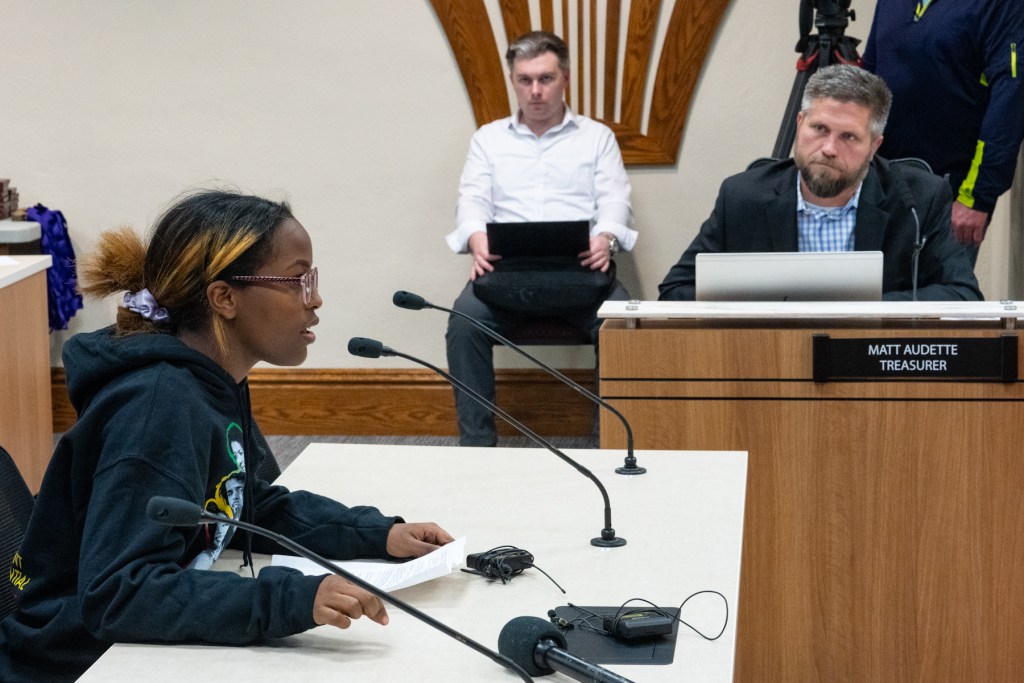This story comes to you from MPR News through a partnership with Sahan Journal.
The Minnesota Court of Appeals ruled against a group of parents who sued the state over segregation in Twin Cities school districts, saying a racially imbalanced school system does not violate the state constitution unless it’s intentional.
Lead plaintiff Alejandro Cruz-Guzman and other parents with students in the Minneapolis and St. Paul school districts filed the class-action lawsuit against the state, the Department of Education, and the Legislature in 2015.
They claimed racial and socioeconomic segregation in schools in those districts has led to achievement gaps between children of color and those living in poverty and white students.
The Minnesota Supreme Court ruled in 2018 that the case could be decided in court. The sides reached an agreement in mediation, but it failed to pass the Legislature.
In December, a district court denied a motion by the parents for summary judgment.
In the opinion released on Monday, the appeals court sided with the lower court. It said a racially imbalanced school system by itself is not a violation of the education clause of the Minnesota Constitution, even if state action contributed to the imbalance–but only if it’s intentionally caused by lawmakers.
Daniel Shulman, a Minneapolis attorney who represents the plaintiffs, said he’s disappointed by the decision.
“I’m thankful that they acknowledged that it’s an important and doubtful question that may potentially have a statewide effect,” he said.
Shulman said he believes the court based its decision on the equal protection clause of the United States Constitution rather than on Minnesota’s constitution, which includes an education clause that requires a “general and uniform” system of public schools.
“So if the schools are not general, uniform, thorough and efficient and don’t provide an adequate education, it doesn’t matter how it came about or whether the Legislature caused it,” he said. “They have a mandate to fix it.”
Shulman said the plaintiffs plan to ask the Supreme Court to review the case.
“This is an important case, and we are committed to seeing it for as long as it takes,” he said. “We’ve already been in it seven years, and it’s too important and affects too many lives and too many futures for us not to continue with it.”






